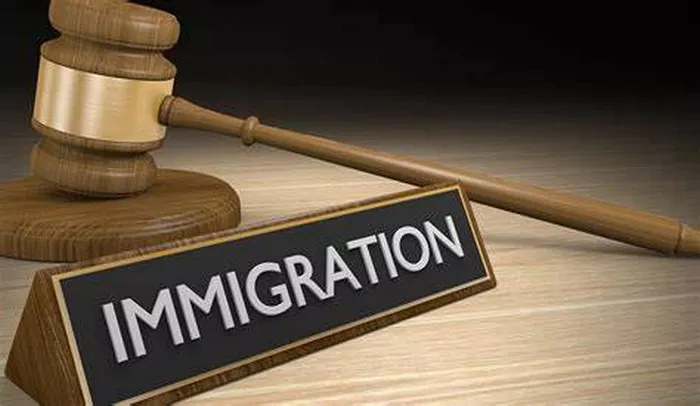The journey towards becoming a naturalized citizen of a country can be both exciting and daunting. Understanding the naturalization process, including its duration and the factors that influence it, is crucial for individuals seeking to embark on this path. In this article, we will delve into the intricacies of the naturalization process, shedding light on the timelines involved and the various factors that can impact its duration.
An Overview to Naturalization
Naturalization is the legal process through which a non-citizen of a country may acquire citizenship after meeting specific requirements set forth by that country’s government. While the exact procedures and requirements vary from one country to another, the overarching goal remains the same: to grant individuals who have demonstrated a commitment to the nation the rights and privileges of citizenship.
Understanding the Timeline
The timeline for the naturalization process can vary significantly depending on several factors, including the country in question, the individual’s immigration status, and any additional requirements imposed by immigration authorities. While it is challenging to provide a one-size-fits-all timeline, we can outline the general steps involved and offer estimates based on typical processing times.
Step 1: Eligibility Determination
Before initiating the naturalization process, individuals must ensure they meet the eligibility criteria established by the country’s immigration laws. Common requirements include:
Residency: Many countries require applicants to have been lawful permanent residents (LPRs) for a specified period, typically ranging from three to five years.
Good Moral Character: Applicants must demonstrate good moral character, which involves adhering to the law, paying taxes, and avoiding involvement in criminal activities.
Language and Civics Knowledge: Proficiency in the country’s official language(s) and a basic understanding of its history, government, and civic principles may be required.
Once eligibility is established, applicants can proceed to the next step.
Step 2: Application Submission
The process officially begins with the submission of Form N-400 (or its equivalent), the application for naturalization, along with supporting documentation and the requisite fees. Applicants must provide accurate information and evidence of their eligibility to avoid delays or potential denials.
Step 3: Biometrics Appointment
Upon receiving the application, immigration authorities typically schedule a biometrics appointment for fingerprinting and background checks. This step is crucial for verifying the applicant’s identity and conducting security screenings.
Step 4: Interview and Examination
After completing the biometrics process, applicants are scheduled for an interview with immigration officials. During the interview, applicants may be required to answer questions about their application, background, and eligibility. Additionally, they may be tested on their knowledge of the country’s language, history, and government.
Step 5: Naturalization Ceremony
If the application is approved, applicants are invited to attend a naturalization ceremony, where they take an oath of allegiance and officially become citizens of the country.
Factors Influencing Processing Times
While the naturalization process follows a general framework, several factors can influence the timeline:
1. Backlog and Processing Efficiency: The volume of applications received by immigration authorities and their efficiency in processing them can significantly impact waiting times. High demand or staffing shortages may lead to longer processing times.
2. Complexity of the Case: Certain circumstances, such as a history of immigration violations or criminal convictions, may complicate the naturalization process and extend the timeline. Additional scrutiny and documentation may be required in such cases.
3. Geographic Location: Processing times can vary depending on the applicant’s location and the workload of the local immigration office or consulate. Urban areas with high immigrant populations may experience longer processing times than rural areas.
4. Policy Changes and Legal Challenges: Changes in immigration laws, policies, or regulations can affect the naturalization process, leading to delays or modifications in requirements. Legal challenges or court rulings may also impact processing times.
5. Applicant’s Preparation and Cooperation: The thoroughness and accuracy of the application, as well as the applicant’s responsiveness to requests for additional information or documentation, can influence processing times. Delays may occur if applicants fail to provide necessary information or attend scheduled appointments.
Conclusion
The naturalization process is a significant milestone in the lives of immigrants seeking to become citizens of their adopted countries. While the journey may involve challenges and uncertainties, understanding the process’s timeline and the factors that influence it can help individuals navigate the path more effectively. By ensuring eligibility, submitting a complete and accurate application, and remaining proactive throughout the process, applicants can increase their chances of a successful outcome and realize their dreams of citizenship.


